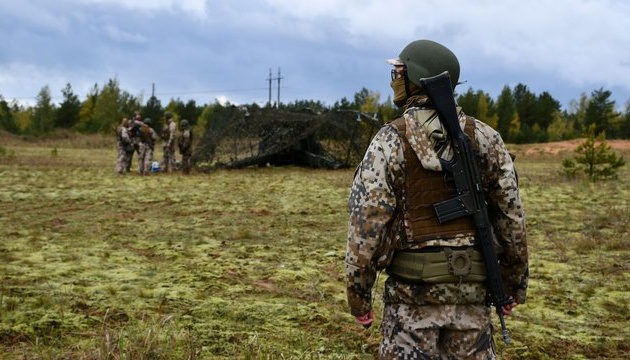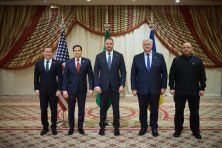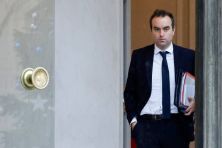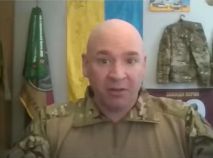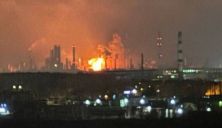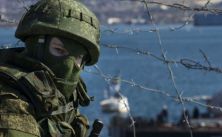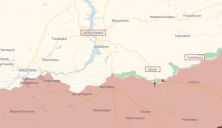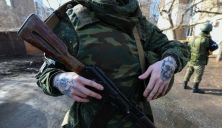European leaders are discussing the possibility of sending troops to Ukraine in the event of a ceasefire or peace agreement, with estimates suggesting up to 100,000 military personnel may be needed.
That is according to Reuters, Ukrinform reports.
The discussions, led by French President Emmanuel Macron, remain in the early stages but already highlight differences in potential objectives and the mission’s mandate.
For now, European leaders are concentrating on increasing military and economic assistance to Ukraine, seeing no indication that Russian President Vladimir Putin is ready to negotiate. However, behind closed doors, some officials are exploring how European nations might provide security guarantees to Ukraine, potentially involving tens of thousands of troops stationed on Ukrainian soil.
The deployment of such a significant number of troops poses risks of direct confrontation and stretches Europe’s already depleted military resources, strained further by weapons transfers to Ukraine. European forces have historically relied on substantial U.S. support in major military operations.
U.S. President-elect Donald Trump has reportedly ruled out American troop involvement in such missions. In a December 7 meeting with Macron and Ukrainian President Volodymyr Zelenskyy in Paris, Trump insisted that European nations must act independently.
According to sources, larger European countries such as France, Germany, Italy, Poland, and the UK could provide the bulk of the forces. Estimates vary regarding the mission size, depending on the specific objectives. Some experts suggest deploying 40,000 European soldiers, while a rotation system involving training, deployment, and recovery could require up to 100,000 personnel.
For comparison, Europe, the U.S., and other partners deployed approximately 60,000 troops in Bosnia and 50,000 in Kosovo during the 1990s. However, these missions have since been significantly scaled down.
The decision to deploy European troops could hinge on whether Ukraine secures security guarantees through NATO membership or bilateral agreements. The move would mark a substantial commitment by Europe to stabilizing Ukraine and ensuring long-term peace in the region.
As previously reported, Estonian Foreign Minister Margus Tsahkna recently emphasized the importance of European readiness to send troops to Ukraine to support any potential peace deal brokered between Kyiv and Moscow, a position aligned with discussions underway among European leaders.
Read also: Russia Relocates Troops from Damascus Amid Syrian Power Shift

